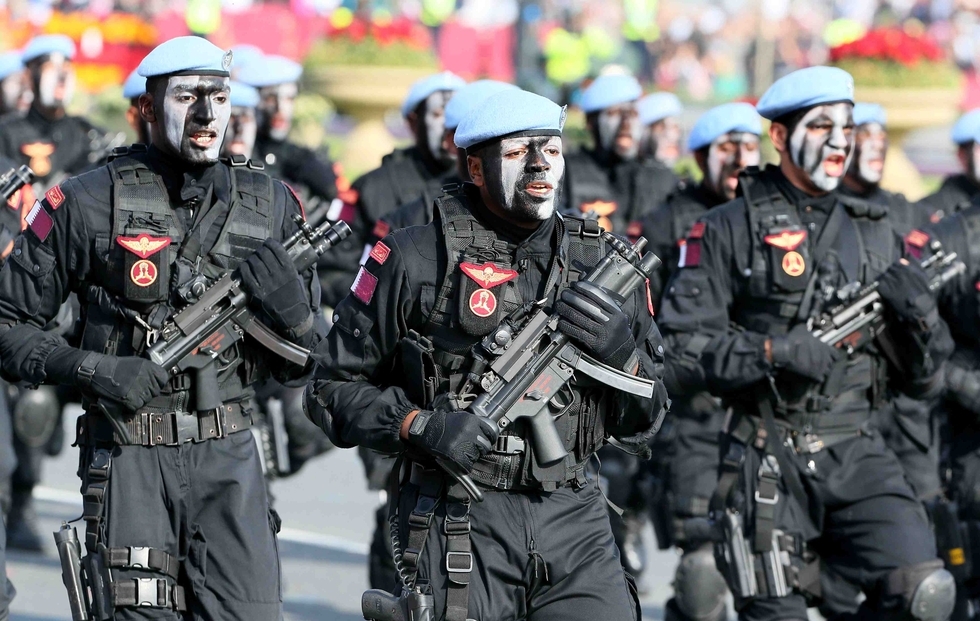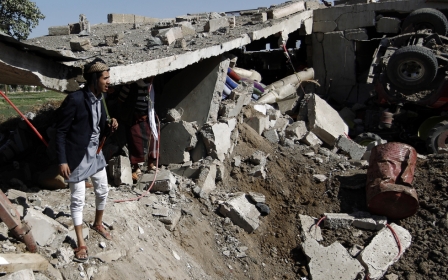Qatar announces biggest loss of life so far in Yemen war

Three Qatari soldiers have been killed in Yemen, according to a statement from the Gulf emirate's army on Tuesday.
The statement, published by the official QNA news agency, gave no details of how the three died but said only that they had been "martyred on Monday".
The losses are the first in Yemen to be announced by the Qatari army since November last year when one soldier was killed in action. They are the biggest losses since Qatar sent its troops to join the Saudi-led coalition in September 2015 as Riyadh stepped up its intervention against the Iran-backed Zaidi Shia rebel group - also known as Houthis - that ousted President Abd Rabbuh Mansour Hadi in February 2015 and forced him to flee the capital, Sanaa.
The Saudi-led air campaign began in March last year in the impoverished but strategically important state in the south of the Arabian peninsular.
Yemen's security forces have split loyalties, with some units backing Mr Hadi and others the Houthis and Mr Hadi's predecessor Ali Abdullah Saleh, who has remained politically influential. Mr Hadi is also supported in the predominantly Sunni south of the country by militia known as Popular Resistance Committees and local tribesmen.
The Saudi-led intervention initially targeted Houthi rebels and their allies but since March this year has also targeted al-Qaeda, which had exploited the conflict to seize several major towns.
The UN says that more than 10,000 people, most of them civilians, have been killed in Yemen since the intervention began.
New MEE newsletter: Jerusalem Dispatch
Sign up to get the latest insights and analysis on Israel-Palestine, alongside Turkey Unpacked and other MEE newsletters
Middle East Eye delivers independent and unrivalled coverage and analysis of the Middle East, North Africa and beyond. To learn more about republishing this content and the associated fees, please fill out this form. More about MEE can be found here.




